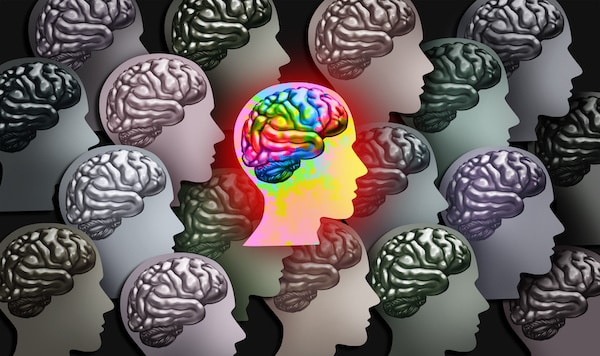
Brain Differences in Girls and Boys with Autism
While four times as many boys are diagnosed with autism spectrum disorder (ASD) than girls, the reason for this disparity is not well understood. Girls tend to be diagnosed much later than boys are and show different symptoms. For example, girls with ASD are less likely than boys with ASD to become distracted and behave aggressively. They’re more likely to understand and respond to non-verbal communication than boys with ASD, but they tend to be more passive and withdrawn and are more likely to experience anxiety and depression. They also show less repetitive and highly restricted behaviors, such as hand-flapping, than boys do.
According to a study by the Stanford University School of Medicine, a difference in the brain structures of girls and boys with ASD may explain these behavioral differences. In short, MRI scans showed that brain features associated with motor, language, and visuospatial attention are different between the sexes. Interestingly, the brain structures of non-autistic boys and girls were almost identical.
The differences in symptoms may also explain why girls are diagnosed with ASD one or two years later, on average, than boys are. While they may display language and developmental delays and an inability to tolerate changes in routine, their symptoms may be less obvious. Unfortunately, a missed diagnosis means that they also miss out on interventions and treatment during key developmental years.
Girls may also be misdiagnosed or not diagnosed at all because they are better able to control their behavior and fit in socially, although they tend to become less able to ‘pass’ during their teen years and have difficulty maintaining friendships. Girls with ASD may be viewed as “odd” by their peers and These social challenges can contribute to anxiety, depression, and low self-esteem among girls with ASD.
Essentially, it’s important for parents and caregivers to understand that autism can manifests itself very differently in girls, and be overlooked when symptoms are relatively mild.
Harsha Autism Centers provide ongoing care for children, adolescents, and young adults (ages 2-22) with autism to improve the quality of their lives. If you would like learn more about how Harsha Autism Centers can help please contact us at info@harshaautism.com or call (812) 233-8833.



